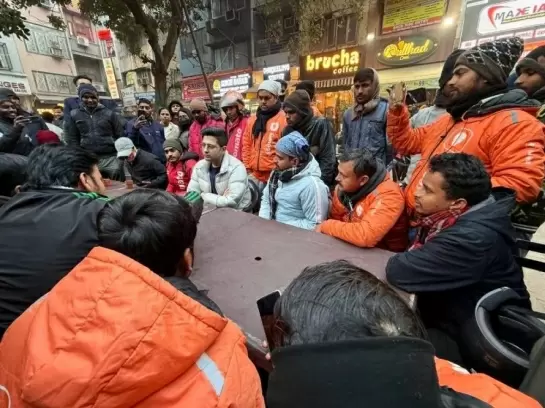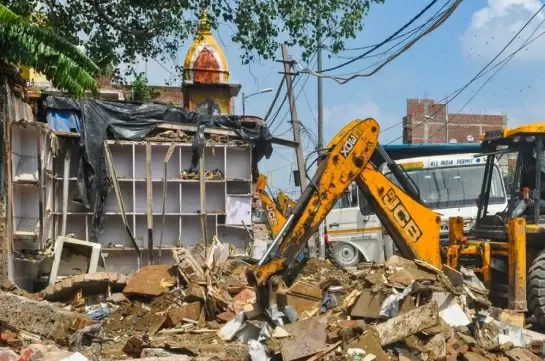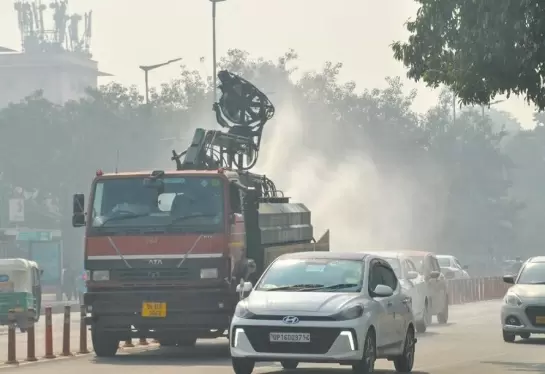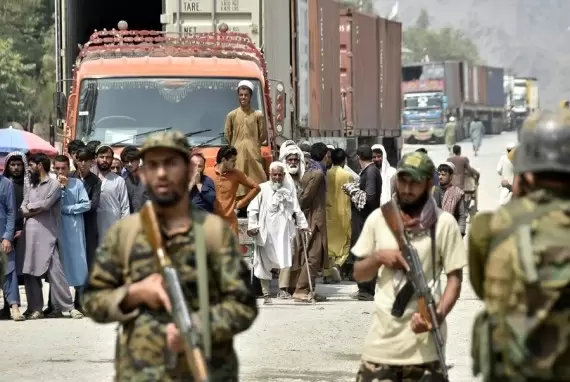Academicians say section of media biased in poll coverage
22-March-2014
As India prepares to vote for its 16th Lok Sabha, eminent academicians say poll coverage in a section of the media was biased.
Speaking at a discussion on "Media and election; Manufacturing consent" here late Thursday, social scientist Zoya Hasan referred to American philosopher and social scientist Noam Chomsky's theory of manufacturing consent.
She said that in case of the 2014 general elections, media had a role in manufacturing a dissent, before moving to manufacturing consent.
"The coverage of the 2014 Lok Sabha polls actually started in 2012 when Narendra Modi became the Gujarat chief minister for a third time. The speculations about whether he will be BJP's prime ministerial candidate started then," said Zoya Hasan at the event held at the India International Centre here.
Hasan said media, or sections of it, first "created dissent" slamming the current government, and alleged that it subsequently became a "corporate-backed agenda to promote Modi as someone who can provide decisive leadership".
"In this case, the media first manufactured dissent, calling the UPA corrupt, talking about the policy paralysis... which was also due to the time taken in land acquisition and environment clearances. The middle class was already angry with the economic slowdown," said Hasan.
"The political discourse has been limited to the shortcomings of the Congress leadership, and the Gujarat model of development," she said.
Hasan also pointed out that a picture is being drawn that nothing has happened since independence. "Being told that nothing happened in the last 60 years is troubling for a social scientist," she said.
Sudha Pai, professor of political science at the Jawaharlal Nehru University here, said that while Chomsky's theory was not about elections, it could be applied here. The theory of manufacturing consent by Chomsky, in the context of the American media, argued that mainstream media can be a propaganda organ for the elite establishment of society to force its opinion and views on the rest of society.
"Chomsky's theory was about a nexus of government, and corporate propagating through advertisements. It was not in context of elections but it can be applied here," said Pai.
She, however, added that the diverse and multicultural nature of India's demography limited the impact of media.
"In England, France or Germany, it is easier to manufacture consent. But Indian polity is complex with many parties, and its regional nature," said Pai.
"Is press all that powerful? The size and diversity of the country makes it difficult and the effects are more localised. Many local politicians own TV channels," she pointed out.
Historian Mukul Kesvan, who teaches at Jamia Millia Islamia, said media coverage about the elections not only lacked information but was suspect in its credibility.
"Media coverage in the runup to general elections lacks information. In TV journalism, there is a vast amount of unsourced discussion," said Kesavan.
Vidya Subramaniam, a senior journalist with The Hindu, said "media humdrum" during the 2004 general elections on the NDA's 'India Shining' campaign failed to make an impact.
"In 2004, media was full of 'India Shining' campaign. However, a social movement was going on at the ground level which no one noticed. When the results came, the Congress was leading and the UPA came to power," she said. - IANS
Delhi Metro officials brief CM Rekha Gupta on anti-smog guns, mist sprays to check pollution
Another Hindu man brutally attacked, set on fire in Bangladesh
Delhi Metro officials brief CM Rekha Gupta on anti-smog guns, mist sprays to check pollution
Pakistan: Sindhi leader urges UN to act on enforced disappearance of activists
this is a smpolke test data









